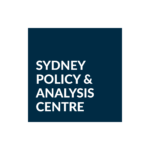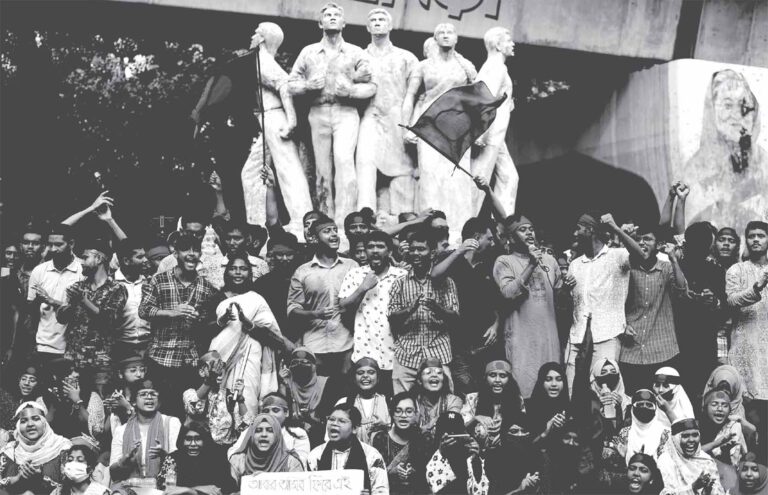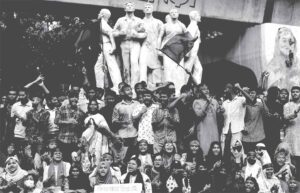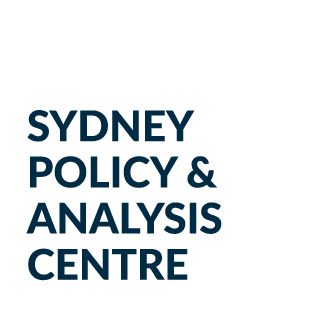Sheikh Hasina’s government ruled Bangladesh for over 15 years, erasing the line between the government and the ruling party. Unfair elections in 2014, 2018, and 2024 led to the ruling party winning through fraud and disenfranchisement.
This lack of democracy led to decreased accountability in institutions, resulting in financial scams, money laundering, and crony capitalism. Graduate unemployment increased to 28% by 2022.
The lack of decent jobs in the private sector, especially for graduates, made public sector jobs more demanding than ever. Hence, in June 2024, when a Bangladeshi court decided to restore the discriminatory quota-based recruitment system for public jobs where 56% of jobs are reserved for different groups of people, youth in Bangladesh who were already suffering from an acute job crisis due to the decade-long jobless growth under the Hasina regime, started protesting. By mid-July, the protests turned deadly when Sheikh Hasina’s government ordered a brutal crackdown, and within weeks, the death toll went beyond hundreds.
The protests escalated, leading to Sheikh Hasina’s resignation and flight, renewing hope for democracy.
In this context, the Asia Democracy Network (ADN) and Sydney Policy and Analysis Centre (SPAC) organised the fourth bimonthly webinar series on Bangladesh on August 23, 2024. During the webinar, the participants discussed the nature of Bangladesh’s youth uprising and the future of Bangladesh’s democracy.
This brief provides a summary of the discussion.





